Iran bluntly warns the US; North Korea shows more goodwill than ever
(Baonghean.vn) - Iran's president issued a chilling warning about the risk of the nuclear deal collapsing, Pyongyang's leader extended an olive branch to his dialogue partner, a new breeze blew into Cuban politics,... were the most prominent news in the world last week.
Iran will react if the US withdraws from the nuclear deal
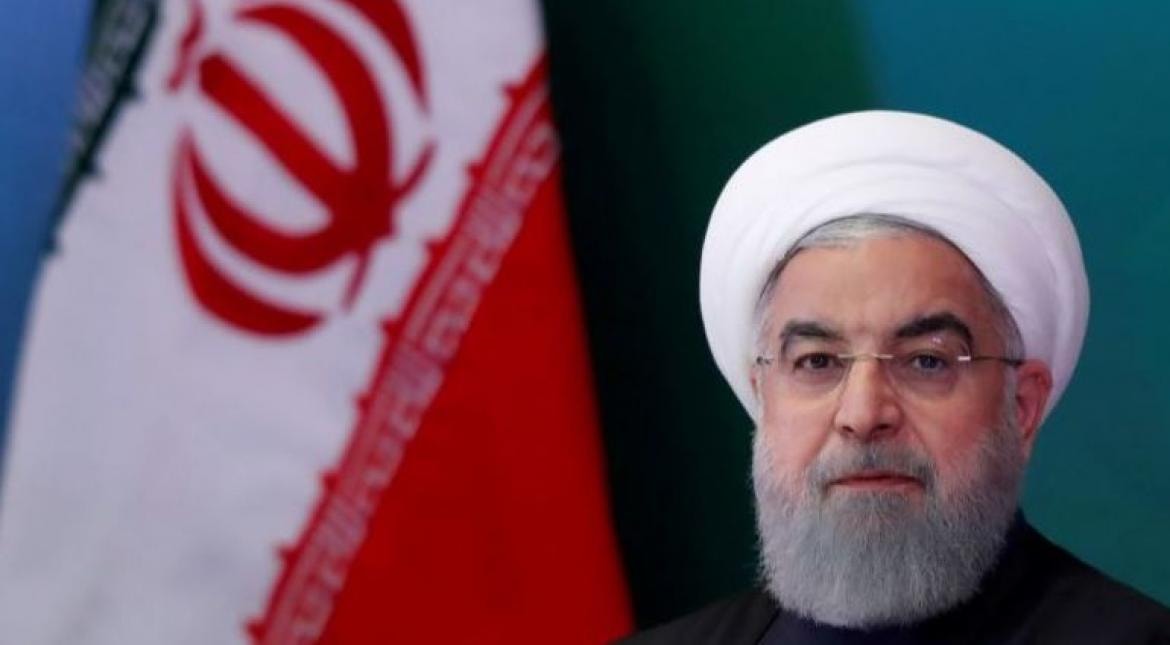 |
| Iranian President Hassan Rouhani. Photo: Reuters |
On April 21, Iranian President Hassan Rouhani affirmed that the country's atomic agency is ready to react "within and beyond expectations" if the US withdraws from the multinational nuclear deal as President Donald Trump threatened.
The deal, reached between Iran, the United States and five other powers, places restrictions on Iran's nuclear program in exchange for sanctions relief. Trump has called the accord one of the worst deals ever negotiated. In January, he sent an ultimatum to Britain, France and Germany, saying they must agree to fix what the United States considers to be the deal's flaws or he would refuse to ease US sanctions as part of the deal.
Iran has said it will stick to the deal as long as the other parties respect it, but will “tear it up” if Washington withdraws. Iranian state TV quoted Foreign Minister Mohammad Javad Zarif as saying in New York: “Iran has several options if the United States leaves the nuclear deal. Tehran’s reaction to the US withdrawal will not be pleasant.”
Good news from Pyongyang
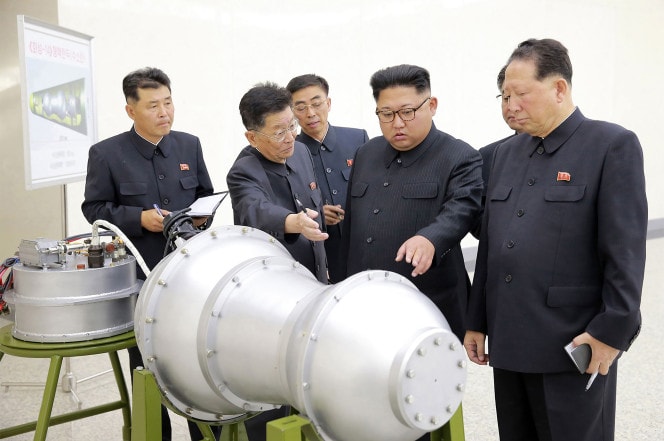 |
| North Korean leader Kim Jong-un during a nuclear warhead inspection. Photo: Getty Image |
Leader Kim Jong-un announced that North Korea would stop nuclear tests and intercontinental ballistic missile launches from April 21, and close its nuclear test site in the north of the country.
Mr. Kim affirmed that Pyongyang will focus all efforts on economic development, mobilize resources to quickly improve people's lives, and will conduct "close contacts and active dialogue with neighboring countries and the international community" to ensure peace and stability on the Korean peninsula.
US President Donald Trump welcomed the decision of the North Korean leader, calling it "great progress" and expressing hope for the upcoming summit scheduled to take place in late May or early June.
China and South Korea also reacted similarly, calling North Korea's decision "a meaningful step forward" in the process of denuclearizing the Korean peninsula.
However, the North Korean leader's statement did not seem to be strong enough to convince the public that North Korea would completely abandon its missiles and nuclear weapons. In Japan, Prime Minister Shinzo Abe said Kim Jong-un's statement was "positive", but warned that it would be important to see whether the move would lead to "a complete, verifiable and irreversible dismantlement" of North Korea's nuclear program.
New Cuban President pledges to continue legacy
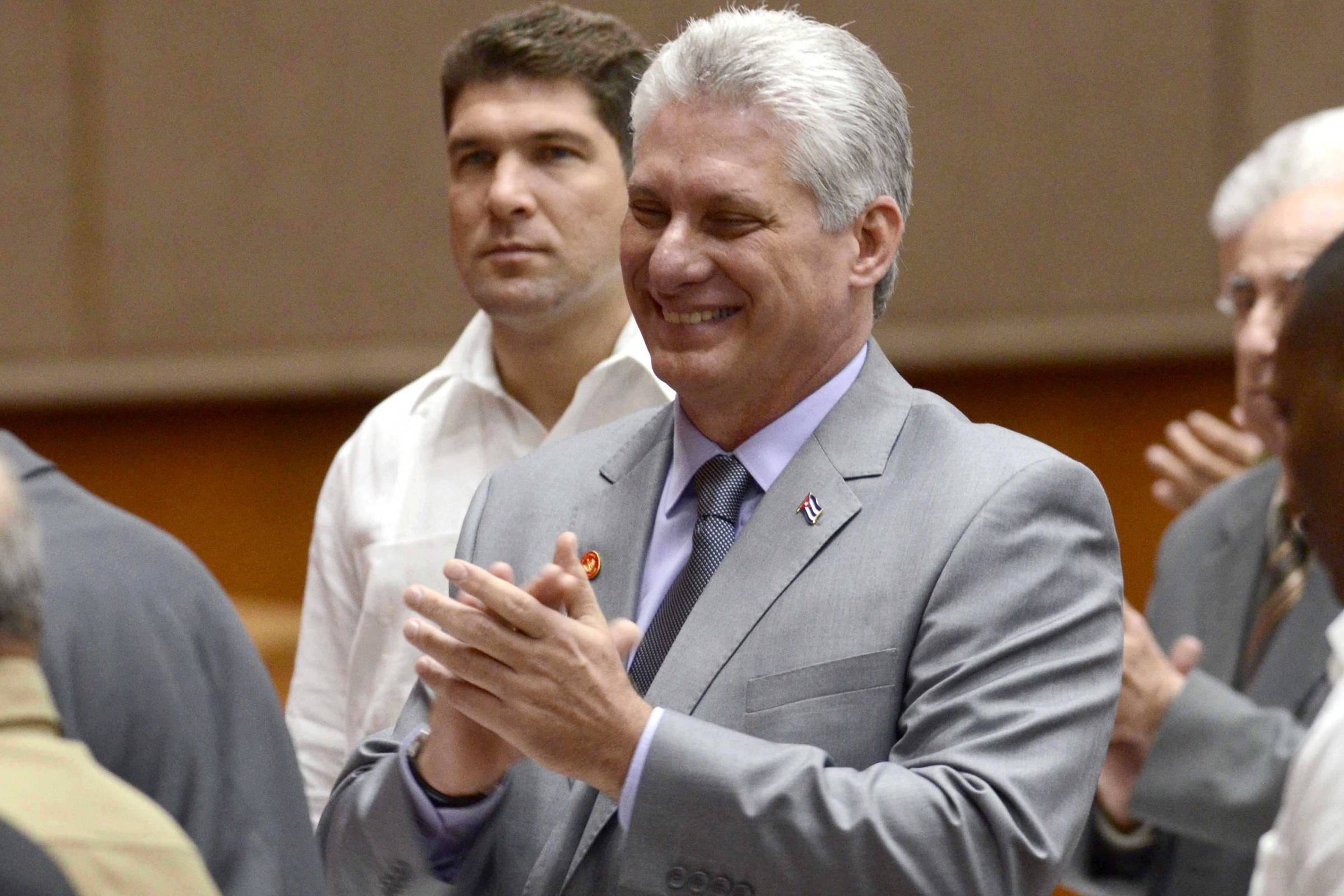 |
| New President of the Council of State and Council of Ministers of Cuba Miguel Díaz-Canel Bermudez. Photo: Internet |
With 603 votes - 99.86% of the votes, Mr. Miguel Díaz-Canel Bermudez was elected to the position of President of the Council of State and the Council of Ministers of Cuba, succeeding President Raúl Castro to lead the country. In his first speech before the National Assembly, Mr. Díaz-Canel affirmed that he will fulfill the responsibility entrusted to him by the Cuban people, continue to be loyal to the legacy of the late Commander-in-Chief Fidel Castro and follow the example of the current leader of the Cuban Revolution, General Raúl Castro.
Tensions in Syria have not cooled down
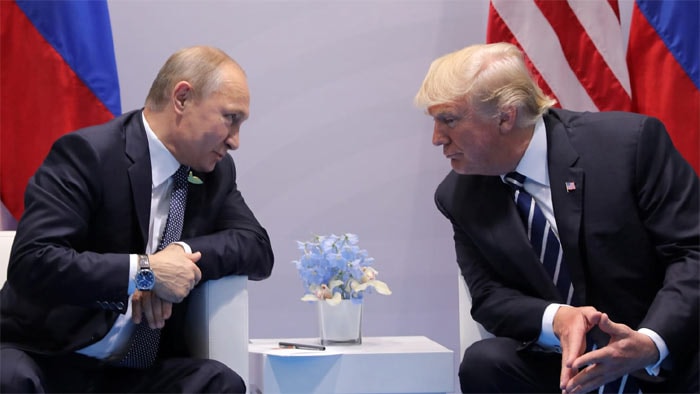 |
| Russian President Vladimir Putin (right) and his US counterpart Donald Trump. Photo: Reuters |
Following last week's attack on Syria, the US President continued to warn that the US was "locked and loaded" to strike again if Syria carried out chemical weapons attacks. Meanwhile, Syrian President Bashar al-Assad denounced the Western missile attack on his country as an act of aggression. Damascus insisted it did not use chemical weapons, saying the incident was staged by rebels.
A source in the Syrian Defense Ministry told the Russian news agency TASS on April 19 that two cruise missiles that failed to explode, discovered by the Syrian army after the US attack, had been handed over to Russia.
For his part, Russian President Vladimir Putin warned that further Western attacks on Syria would cause chaos in world affairs. Most recently, Russian Foreign Minister Sergei Lavrov announced that Moscow would soon provide evidence that the Syrian defense system had intercepted most of the coalition's missiles on April 14.
Türkiye withdraws gold reserves from the US
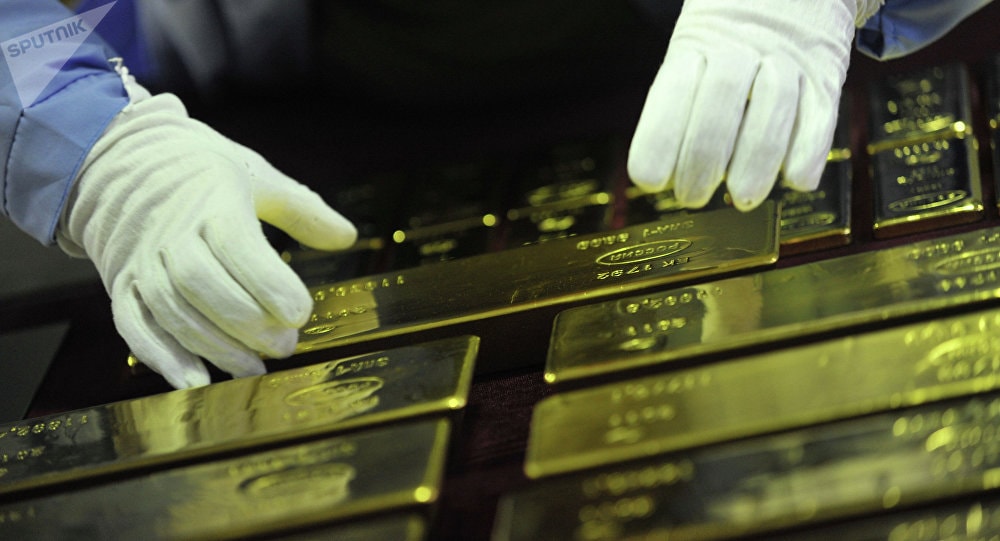 |
| Illustration: Sputnik |
As of last month, the total amount of gold held by the Central Bank of Türkiye in the US was 220 tonnes, worth up to $25.3 billion.
The Turkish bank also withdrew all of its foreign gold reserves, a move that responded to President Recep Tayyip Erdogan's call to "remove the pressure of the exchange rate and use gold to counter the dollar."
Analysts believe that Türkiye’s move to withdraw its gold is more political than economic, and is clearly intended to send a signal to the US. Perhaps the message Türkiye wants to send to the US is that it “wants more independence”.
The relationship between Türkiye and the US is increasingly tense because the Washington government supports the Kurdish militia (YPG) in Syria - an organization with links to the Kurdistan Workers' Party (PKK) that is always listed as a terrorist organization by the Ankara government. Not only that, the White House also threatened to punish Ankara if Türkiye persists in implementing the plan to buy the S-400 missile defense system from Russia, when recently Moscow and Ankara announced that they had completed the S-400 purchase agreement.

